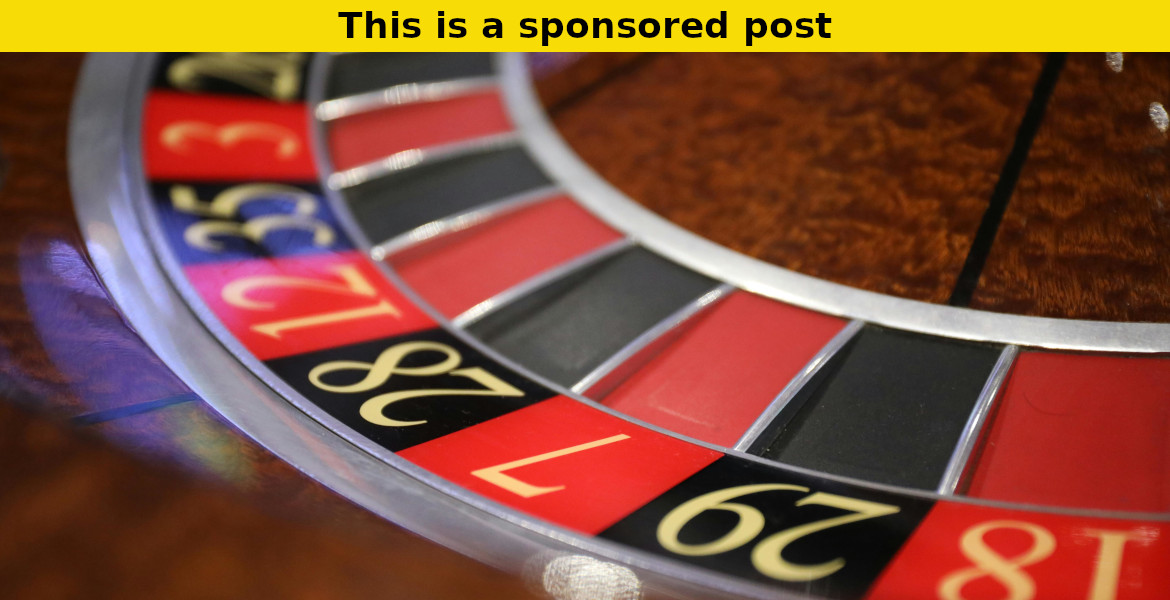Swedish players are increasingly turning to offshore casinos instead of domestic operators. The primary reason? Strict regulations imposed on Swedish-licensed casinos that limit bonuses, deposit amounts, and gaming flexibility.
Casinos without a Swedish license offer more generous bonuses, faster withdrawals, and a broader selection of payment methods, including cryptocurrencies. Players also enjoy the freedom of playing without Spelpaus restrictions, making these platforms an attractive alternative.
However, it’s important to note that offshore casinos are not regulated by the Swedish Gambling Authority (Spelinspektionen), meaning they follow different consumer protection rules. That’s why we at Casinoburst have created this guide—to help you navigate foreign casinos safely and responsibly.
What Are Casinos Without a Swedish License?
Foreign online casinos operate under international gambling licenses, such as MGA (Malta Gaming Authority), EMTA (Estonian Tax and Customs Board), and Curacao eGaming. Since the implementation of Sweden’s Gambling Act in 2019, many Swedish players have sought alternatives due to strict deposit limits and marketing restrictions on locally licensed platforms.
Key Differences Between Swedish & Non-Swedish Casinos
There are significant differences between casinos licensed by the Swedish Gambling Authority and those operating under international licenses. Some of the most notable include:
✅ Bonus & Deposit Limits – Swedish casinos impose low bonus caps and deposit restrictions, while offshore platforms offer larger bonuses and higher deposit limits.
✅ Self-Exclusion (Spelpaus) – All Swedish casinos must integrate with Spelpaus, whereas foreign casinos allow players to control their own limits.
✅ Payment Flexibility – Offshore casinos support crypto payments, e-wallets, and instant banking, often unavailable on Swedish platforms.
✅ Marketing & Promotions – Non-Swedish casinos can run frequent promotions and VIP programs, unlike Swedish-regulated sites.
✅ Taxation – Winnings from EU/EEA-licensed casinos are tax-free, while earnings from casinos outside this area (e.g., Curacao) may be subject to a 30% tax in Sweden.
The Most Popular Offshore Casino Licenses
Malta Gaming Authority (MGA)
The MGA license is widely regarded as one of the most trusted in Europe. It ensures operators comply with strict player protection measures, such as:
🔹 Regular audits for fairness and transparency
🔹 Secure payment processing with encrypted transactions
🔹 Responsible gaming tools, including deposit limits and self-exclusion options
🔹 Dispute resolution services for player complaints
Curacao eGaming License
Curacao-licensed casinos have recently tightened their regulations, requiring operators to hold a financial reserve of €63,200 per year. Despite these changes, Curacao casinos remain a popular choice due to:
🔹 Lower operational costs, allowing for bigger bonuses
🔹 More flexible gaming options, including crypto casinos
🔹 Fast withdrawals and fewer KYC verification steps
🔹 Diverse game selections, including sports betting and live dealer games
Why Swedish Players Choose MGA & Curacao Casinos
According to recent data, the main reasons Swedish players prefer foreign casinos include:
📌 Bigger bonuses & cashback offers
📌 Freedom from Spelpaus self-exclusion
📌 Access to exclusive VIP programs
📌 Fast & hassle-free withdrawals
📌 More game variety, including crypto games & sports betting
However, it’s essential to stay informed and choose licensed operators that prioritize security, fairness, and responsible gambling.
Secure Payment Methods at Non-Swedish Casinos
Casinos without a Swedish license offer a wider range of payment options than domestic platforms. Some of the most commonly used methods include:
💳 Credit/Debit Cards – Visa & Mastercard
💰 E-wallets – Skrill, Neteller, PayPal
🔗 Instant Bank Transfers – Trustly, Zimpler, SEPA
🔒 Prepaid Cards – Paysafecard, AstroPay
₿ Cryptocurrencies – Bitcoin, Ethereum, Litecoin
Security & Player Protection Features
When choosing an offshore casino, security and trustworthiness should be top priorities. Reputable casinos implement:
🔐 SSL Encryption – Ensures safe transactions & data protection
🛡️ Independent Audits – Regular checks for fair play compliance
🎰 Secure RNG Systems – Guarantees random & unbiased game results
💼 Responsible Gambling Tools – Including deposit limits, self-exclusion, and session reminders
Legal Aspects: Are These Casinos Legal for Swedish Players?
Yes! Playing at a casino without a Swedish license is completely legal for Swedish players. However, since these platforms operate outside Swedish jurisdiction, they are not bound by Spelinspektionen’s regulations.
Tax Considerations for Swedish Players
🇪🇺 EU/EES Casinos (MGA, EMTA, etc.) – Tax-free winnings
🌎 Non-EU Casinos (Curacao, Anjouan, Kahnawake) – 30% capital gains tax applies
Choosing the Best Non-Swedish Casino
Before registering at an offshore casino, consider the following factors:
✔️ License & Regulation – Only play at MGA, EMTA, or trusted Curacao casinos
✔️ Payment Options – Look for fast & secure banking methods
✔️ Bonus Terms – Check wagering requirements & withdrawal limits
✔️ Customer Support – Opt for casinos with 24/7 live chat
✔️ Player Reviews – Research online feedback to ensure a good reputation
Conclusion: Are Non-Swedish Casinos Worth It?
If you’re looking for bigger bonuses, more gaming freedom, and flexible payment options, casinos without a Swedish license can be a great choice. However, it’s important to play responsibly, choose reputable platforms, and be aware of tax regulations when withdrawing winnings.At Casinoburst, we help you find the best offshore casinos that offer a safe and enjoyable experience. Check our top recommendations below to start playing today!












